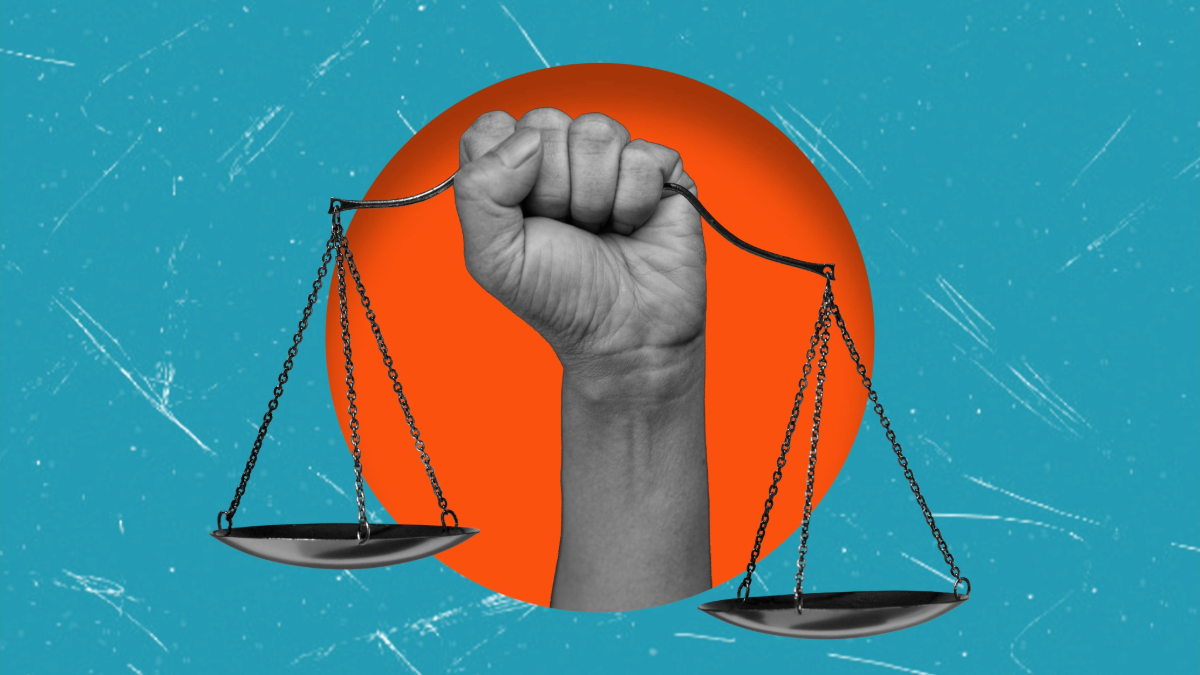Lessons from Resisting Big Tech Power in Southeast Asia
Mai Van Tran / Jun 19, 2025This post is part of a series of contributor perspectives and analyses called "The Coming Age of Tech Trillionaires and the Challenge to Democracy." Learn more about the call for contributions here, and read other pieces in the series as they are published here.
Haphazard practices by Big Tech and other major communication platforms are increasingly shaping the civic space landscape across both democratic and authoritarian states. In response, human rights advocates have intensified their efforts to hold platforms accountable. Across autocracies in the Global South, advocates have urged platforms to implement supportive mechanisms for vulnerable users, amplify ethical journalism, provide greater transparency on moderation processes and responses, and allocate more resources to smaller markets or politically unstable societies.
What might enable these digital rights advocates from the Global South to influence Big Tech’s content governance practice? Drawing from our comparative analysis of platform advocacy from Myanmar, Thailand, and Cambodia, this article reflects upon: (a) the greater appeal of Global South demands that resonate with Western priorities in platform governance, (b) the importance of campaign promotion by influential international allies, and (c) the need to build trust with marginalized targets of platform-mediated repression. These three findings integrate insights from expert interviews regarding both Big Tech and other alternative platforms, trends in authoritarian operations on Facebook, and Meta’s Transparency Reports from 2018 to 2024.
Global South vs. Western priorities
Effective platform advocacy relies on ongoing monitoring of and engagement with the evolving patterns of platform-mediated repression. The majority of funding for this and other pro-democracy advocacy efforts in the Global South has come from Western donors. However, as digital rights issues are relatively new, they have not been well incorporated into Western governments’ development aid agenda or the UN Sustainable Development Goals. As a result, even before the recent significant cuts in Western aid, digital rights advocates in the Global South already faced challenges in securing funding.
This is a perennial problem that may worsen when their advocacy issues do not align with the demands espoused by the West. As specific cases of platform advocacy from Myanmar and Thailand in our research demonstrate, the Global South demands that platforms promote exiled dissidents’ content in their home countries, challenge government requests, not censor conflict reporting, or not promote authoritarian elections, are less likely to attract funding and support from foreign donors. This is correlated with Meta’s lack of effort in addressing these demands. By contrast, demands that resonate with Western actors—such as improving the moderation of political disinformation—are far more likely to receive Western support and, consequently, elicit an active response from Meta. This makes it essential to monitor emerging tensions in pro-democracy agendas between the West and the Global South within the governance of tech platforms. As efforts to combat disinformation may increasingly diverge from US priorities, digital rights advocates in the Global South should consider this dynamic when planning their future advocacy strategies.
Impact of advocacy amplification by international allies
While Western governments may be key donors to platform advocacy efforts, they do not play the primary role in pressuring Big Tech to address platform-mediated repression in the Global South. These states have limited legal grounds to hold Big Tech accountable for harmful or negligent practices abroad. Instead, global media, human rights INGOs, and UN independent human rights experts—often allies of Global South advocates—play a more significant role in amplifying their demands. We found that when internationally prominent allies amplified local documentation of Big Tech–enabled repression, tech companies were more likely to take costly actions in response. Examples include TikTok hiring Burmese-speaking moderators and initiating engagement with local human rights advocates; Telegram increasing its removal of anti-dissident content and accounts in Myanmar; and Meta refusing a takedown request from Thai authorities targeting a dissident account.
Furthermore, the more visible international campaigns by Myanmar advocates correlated with Meta’s stronger efforts to moderate authoritarian actors in early 2024—especially when compared to Thailand and Cambodia. This suggests that even without the power to impose legal or economic penalties, human rights advocates can influence Big Tech practices through international naming and shaming. By highlighting risks to their global reputation, advocates can pressure these profit-driven companies to be more accountable to vulnerable users in smaller markets. In addition, public advocacy by international allies helps elevate Global South issues while allowing local human rights defenders to remain anonymous and protect their safety.
Exclusion of marginalized voices in platform advocacy efforts
Unlike other Global North multinational corporations operating in Southern markets, Big Tech firms often lack a physical presence, offering few—if any—accessible channels for ordinary netizens to voice their grievances.
Advocacy targeting other multinational corporations—such as those over labor abuses or environmental destruction in the Global South—often includes public protests by affected workers or local residents, whose representatives are directly involved in negotiations, advocacy, or litigation against firms in the Global North. In contrast, platform advocacy addressing Big Tech-enabled harms lacks visible participation from the actual victims. Instead, human rights advocates with transnational advocacy tend to play a more prominent role in shaping these efforts.
As a result, there is a greater risk that advocacy may overlook or exclude marginalized experiences. We found that fear of autocrats’ retaliation particularly discouraged marginalized victims (including women, LGBTQ+ individuals, ethno-religious minorities, and rural residents) from engaging in transnational advocacy campaigns. More importantly, their lack of engagement is correlated with a higher level of exposure to platform-enabled abuse. While state repression may not prevent advocacy campaigns—as seen in Myanmar, the most violently repressive case, which also has the most active platform advocacy—it can hinder the inclusiveness of advocacy demands.
What can be done to address these challenges?
Global South human rights advocates face unique and compounded challenges as they work to resist Big Tech-mediated repression, from ensuring personal safety, gaining sympathy and amplification by Western donors and international allies, to engaging with marginalized targets of repression. Tackling these pressing challenges requires a genuinely multistakeholder approach. As the multistakeholder UN Internet Governance Forum is entering its 20th year, its continued prominence as a global governance mechanism among state actors, civil society actors, and digital communication businesses underscores the need for and possibility of crafting such an all-hands solution.
First, it is more important than ever for Western donors to champion the inclusion of digital rights— such as the right to a free and secure digital space—in their development aid agendas. To promote this cause, global media houses, human rights INGOs, and UN independent human rights experts should continue to collaborate with and amplify Global South advocacy efforts that demand Big Tech firms defend dissident voices and curb platform-enabled repression. In turn, global communication platforms should stay up-to-date with digital strategies of authoritarian abuse and repression that their platforms might facilitate in the Global South. Finally, Global South human rights advocates themselves would do well to reflect upon whether or how their platform advocacy efforts can incorporate the experiences of marginalized targets of digital repression, including women, LGBTQ+ individuals, ethno-religious minorities, and rural residents.
Authors

